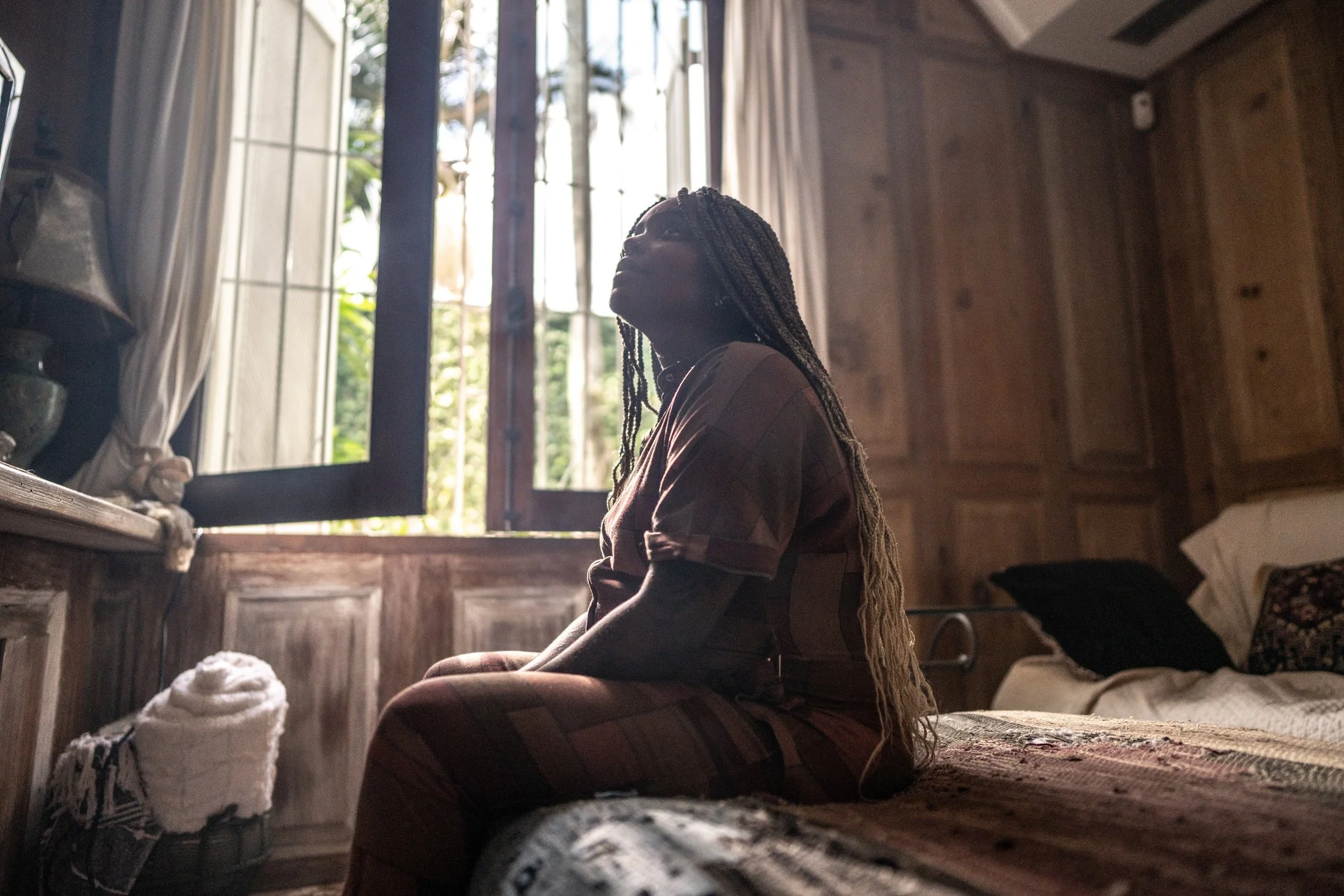How Sexual Abuse Affects Your Relationship with God
Even when you can't see it, God is still good.
Sexual abuse survivors can find it hard to trust God after experiencing life-altering trauma.
Sexual abuse can deeply challenge a survivor's ability to trust in God and believe in His love. Trauma feels profoundly unjust and can lead to spiritual crises that are hard to resolve. You’ve been through so much pain. God sees you and wants to heal your wounds. Here are several ways in which abuse might affect a person’s trust in God:
Questioning God’s Presence and Protection:
"If God truly loved me, why would he let this happen to me?" We are taught that God is our protector. He watches over us. Experiencing abuse, especially at a young age or from someone trusted, shatters this belief. Trauma leads us to ask questions that can lead to feelings of being abandoned by God.
Psalm 103:6 says, “The Lord executes acts of righteousness and justice for all the oppressed.”
Your pain is real but does not define you. God sees you as His beloved child. By praying for wisdom, we entrust true justice to God's righteous heart. He always has the final say, delivering justice to the unrepentant and abundant mercy to the repentant.
Struggles with God's Love and Goodness
“I believe that God is good, just not to me.” This is how survivors may feel when their reality does not match the abundant life that God has promised. Believing in a good and loving God can be hard when painful memories cloud our ability to feel the unconditional love of God. Survivors of sexual abuse or sexual violence also often carry misplaced shame or guilt from the abuse.
Isaiah 43:4 says, "Because you are precious in my eyes and honored, and I love you, I give men in return for you, people in exchange for your life."
God loves us deeply and completely. We are precious in His sight, fully accepted and valued. Shame, condemnation, and self-loathing are tools in the enemy’s hands. Sometimes, the first step we can take in faith is simply believing that He loves us deeply, no matter what we see or what we have been through.
Anger or Resentment Toward God
Survivors feel anger toward God for allowing them to experience trauma. They may struggle with unresolved anger, making trusting Him impossible. We can find it hard to reconcile trauma with biblical teachings of love and compassion. Some survivors struggle with the idea of forgiveness if it feels like their suffering is being minimized. Teachings that encourage quick forgiveness for the abuser, without a path for justice, may feel unfair. This creates confusion about God’s justice and reinforces a feeling of betrayal by God.
Hebrews 12:15 says, “Make sure that no one falls short of the grace of God and that no root of bitterness springs up, causing trouble and defiling many.”
God's heart breaks with yours. Healing will take time, and that’s okay! The truth is that harboring bitterness will only exacerbate our pain and continue to hurt those around us. As you begin to heal, allow God to show you how and when to begin to forgive those who have hurt you so you can release bitterness and pain.
Disconnection from Faith Communities
Many survivors turn to a church or faith-based community for support, only to find them ill-equipped to understand trauma or unintentionally invalidating in their experiences. This can increase the feeling of isolation and lead to disillusionment. Survivors may feel that they are somehow "unclean" or unworthy, which can lead to withdrawing from church communities or feeling estranged from their faith.
Teachings on purity, sin, or forgiveness can be difficult for abuse survivors to process. Biblical teaching that is hyper-focused on behavior and doesn’t acknowledge the trauma of sexual abuse can feel unfair. These types of teachings overlook the complexity of trauma and recovery. Rebuilding trust in God begins with reframing our understanding of God and focusing on resources that honor our healing needs.
Genesis 50:20 says, “As for you, you meant evil against me, but God meant it for good to bring about this present outcome, that many people would be kept alive [as they are this day].” (Amplified Bible)
Your story is not over. God is still writing it! At Trees of Hope, we provide transformative healing support groups for survivors of sexual abuse. With caring guidance, survivors learn to recognize and overcome destructive behaviors and life patterns while discovering the power of God's forgiveness, love, and grace.
Loss of Faith
Abuse, especially if it happens within a church, can lead to a crisis of faith. Experiencing trauma at the hands of church leaders or in church settings leads to distrust of God. The community of faith becomes associated with pain, fear, or manipulation. Survivors may emotionally distance themselves from the vulnerability that putting their faith in God requires. The trauma can lead to a self-protective “wall” that prevents deep connection and trust. This emotional distance is a way to avoid the risk of further betrayal.
Galatians 6:7 says, "Do not be deceived: God cannot be mocked. A man reaps what he sows".
God sees everything! It’s important to meditate on scripture and hold on to the truth in the Bible. This can be hard to do without guidance. Trees of Hope Shelter Groups create a supportive space where women can share their experiences without fear of judgment. Explore our upcoming Healing Groups in South Florida, Melbourne, and Orlando. Shelter Online is available for those outside of Florida.
Support from a trauma-informed spiritual counselor or therapist can help survivors build a new relationship with God that feels safe, genuine, and ultimately healing. Trees of Hope has collaborated with Hope Christian Counseling to offer virtual or in-person one-on-one counseling sessions. You are still remembered. God’s heart breaks with yours, and we are here to help!


